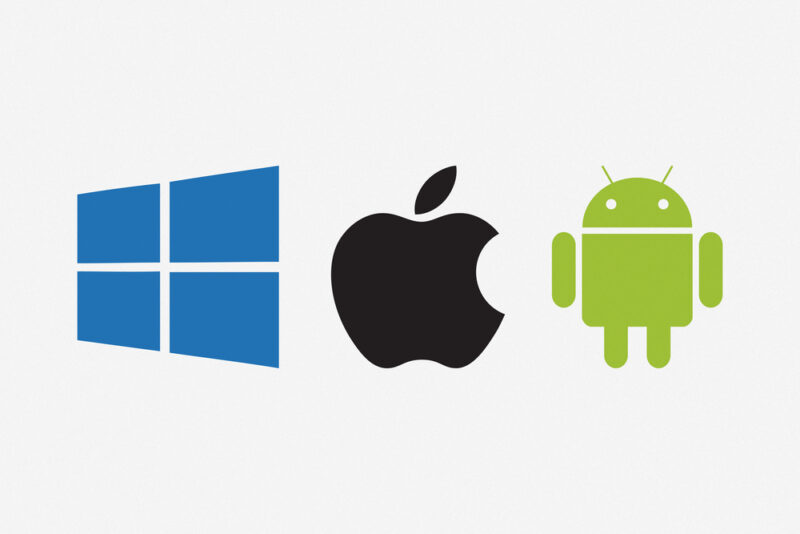Apple Cripples 3rd-Party Competitors
While we all know Apple as one of the top innovators, it’s worth mentioning the controversial practice that has raised eyebrows in the tech world, “Sherlocking.” This is in relation to when Apple brazenly copies popular third-party app features and builds them into its platform, resulting in the third parties going out of business.
What is Sherlocking? Sherlocking itself (the term) is actually somewhat new, having been introduced during the early 2000s. Apple developed its own search tool, “Sherlock,” which drew on ideas from a third-party app called Watson. Apple began doing this years ago, integrating protocols for successful third-party apps into our operating system, effectively removing the market for those original apps.
Case in Point: Top-of-mind was a rather infamous example of Sherlocking, when Apple announced Screen Time in iOS 12 and rolled out a slew of features that were really close to the functionalities of several third-party parental control and screen time tracking apps. Several of these apps subsequently experienced a substantial decrease in usage or were temporarily taken off the App Store as Apple justified yet another update to its policies in the name of user protection and privacy.

The Web Developers’ Opinion: A million devs probably feel less fortunate because of this practice. They have worked and researched to develop new ideas for their creations to be imitated and built into the Apple ecosystem. Resulting in antitrust accusations that followed. The Developer who asked that he not be identified said, “It is frustrating to see your work essentially stolen by the platform on which you initially developed it for.”
Apple argues that all changes and additions to iOS are designed to improve the user experience and enhance security. They claim that bringing these features directly into the operating system improves the seamless and security experience for users.
Sherlocking Legal and Market Impact: The Sherlocking practice raises substantial antitrust concerns. Critics have claimed this restricts innovation by discouraging developers from creating new apps if they worry that Apple will just make a copy. Many tech industry experts have called for more significant regulations to promote fair competition in tech.
To sum up, the verdict on Sherlocking lives on, further underlining the fine line between what is an innovative extension/improvement and what counts as anti-competitive in today’s tech space. With Apple still a powerhouse in tech, the effect of its choices on third-party developers will continue to be a major concern.
Developers are forced to face an impossible scenario – share a monetization scheme with a platform owner to get their application more buzz but risk the fact that Apple could one day be their biggest competitor.







